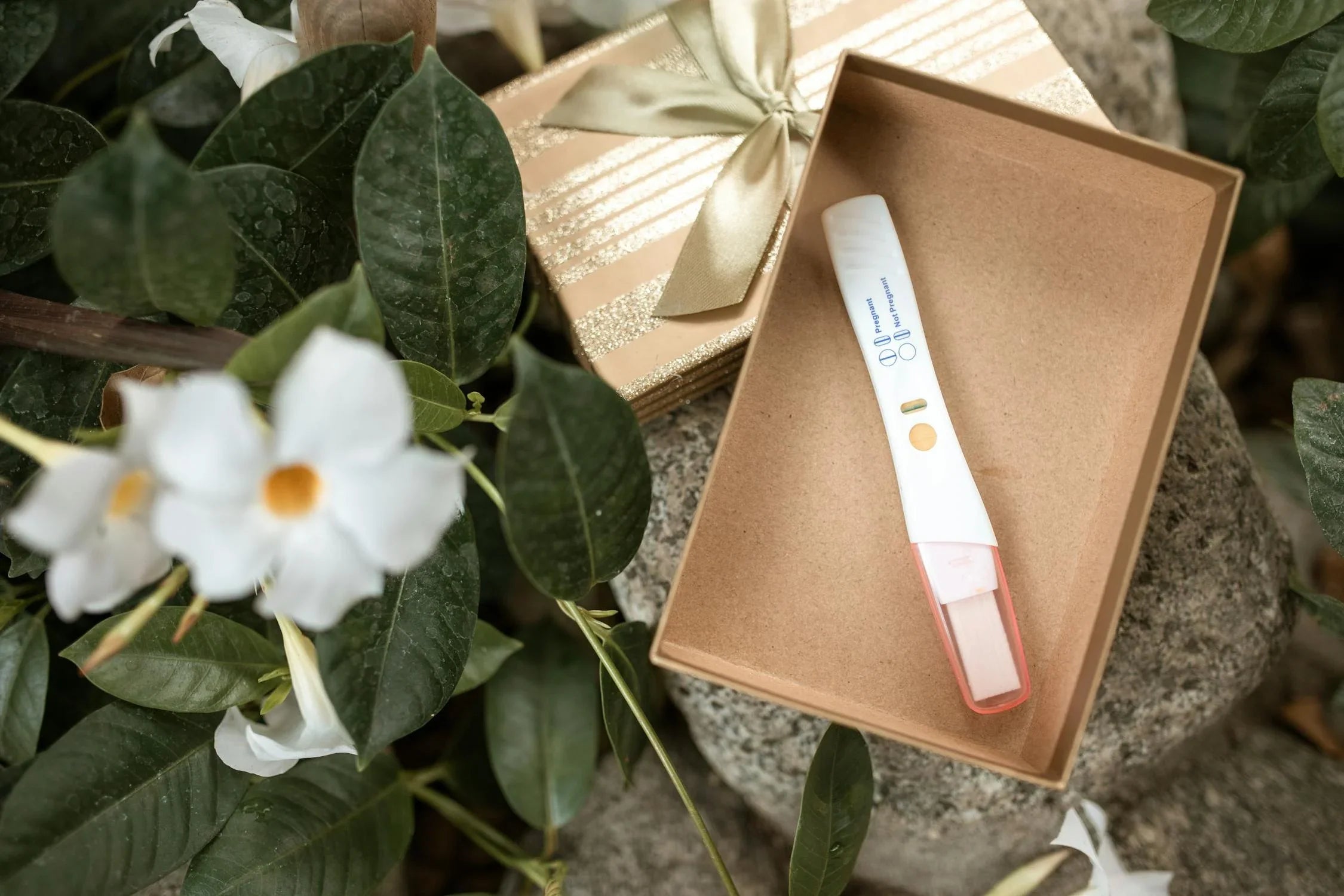Inicio
Pregnancy, Breastfeeding, and Pumping: The Ultimate Guide for Moms
Can You Take a Pregnancy Test After a Week? Everything You Need to Know

Can You Take a Pregnancy Test After a Week? Everything You Need to Know
Wondering if you can take a pregnancy test after just a week? The answer isn't as straightforward as you might think. Pregnancy tests are designed to detect the presence of human chorionic gonadotropin (hCG), a hormone produced during pregnancy. However, the timing of when hCG becomes detectable can vary depending on several factors. This article dives deep into the science, timing, and accuracy of taking a pregnancy test after one week, helping you make informed decisions.
Understanding How Pregnancy Tests Work
Pregnancy tests, whether urine-based or blood tests, rely on detecting hCG levels in your body. After fertilization, the developing embryo implants itself into the uterine lining, triggering the production of hCG. This hormone is essential for maintaining pregnancy and is the key marker that pregnancy tests look for.
Urine tests are the most common and convenient option for at-home use. They are designed to detect hCG levels once they reach a certain threshold, typically around 25 mIU/mL. Blood tests, on the other hand, are more sensitive and can detect lower levels of hCG, often as early as six to eight days after ovulation.
When Can You Take a Pregnancy Test After a Week?
Taking a pregnancy test after just one week can be tricky. For most women, implantation occurs between six to twelve days after ovulation. If implantation happens on the earlier side, hCG levels may start to rise within a week. However, it often takes a few more days for hCG to reach detectable levels in urine.
If you're testing after a week, it's important to consider the timing of your ovulation and potential conception. If you ovulated later than expected, testing too early could result in a false negative. Waiting until after your missed period is generally recommended for the most accurate results.
Factors That Influence Test Accuracy
Several factors can affect the accuracy of a pregnancy test taken after one week:
- Timing of Implantation: If implantation hasn't occurred yet, hCG won't be detectable.
- hCG Levels: Early testing may not capture enough hCG to trigger a positive result.
- Test Sensitivity: Some tests are more sensitive than others and can detect lower levels of hCG.
- User Error: Incorrect usage of the test, such as not following instructions or testing at the wrong time of day, can impact results.
What to Do If You Get a Negative Result
A negative result after one week doesn't necessarily mean you're not pregnant. It could simply mean that hCG levels are still too low to detect. If you suspect you might be pregnant, consider waiting a few more days and testing again. Alternatively, consult a healthcare professional for a blood test, which can provide more definitive results.
Signs to Watch For
While waiting to take a pregnancy test, pay attention to early pregnancy symptoms. These can include:
- Mild cramping or spotting (implantation bleeding)
- Breast tenderness
- Fatigue
- Nausea or food aversions
- Frequent urination
However, these symptoms can also be caused by other factors, so they shouldn't be relied upon as definitive proof of pregnancy.
When to See a Doctor
If you continue to experience symptoms or have concerns about your test results, it's a good idea to consult a healthcare provider. They can perform a blood test to confirm pregnancy and provide guidance on next steps. Additionally, if you experience severe pain, heavy bleeding, or other concerning symptoms, seek medical attention immediately.
Tips for Accurate Testing
To maximize the accuracy of your pregnancy test, follow these tips:
- Test first thing in the morning, when hCG levels are most concentrated in your urine.
- Read the instructions carefully and follow them precisely.
- Use a test with high sensitivity if testing early.
- Avoid drinking excessive fluids before testing, as this can dilute hCG levels.
Emotional Considerations
Waiting to take a pregnancy test can be an emotional rollercoaster. Whether you're hoping for a positive or negative result, it's important to take care of your mental health during this time. Lean on supportive friends or family members, and consider speaking with a counselor if you're feeling overwhelmed.
What If You Get a Positive Result?
A positive result after one week is exciting but should be confirmed with a healthcare provider. Early prenatal care is crucial for a healthy pregnancy, so schedule an appointment as soon as possible. Your doctor can provide valuable information and resources to support you throughout your pregnancy journey.
Taking a pregnancy test after just one week can be a nerve-wracking experience, but understanding the science and timing behind it can help ease your mind. Whether you're eagerly awaiting a positive result or hoping for a negative one, being informed is your best tool. Remember, patience and proper testing techniques are key to getting accurate results. And if you're ever in doubt, don't hesitate to seek professional guidance.
Compartir

